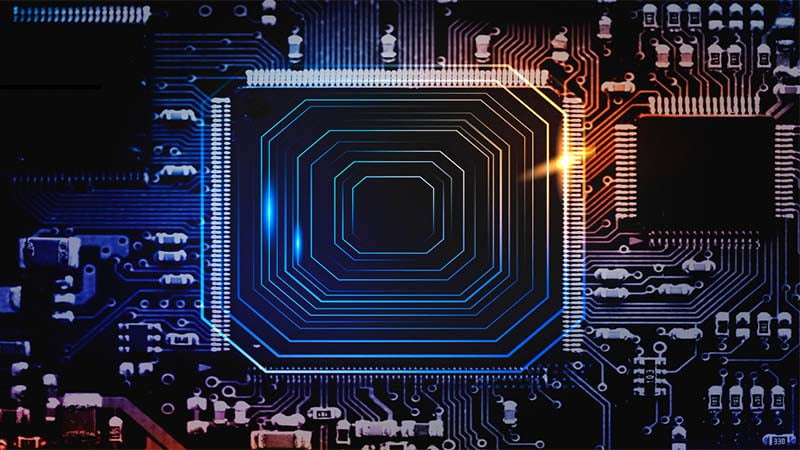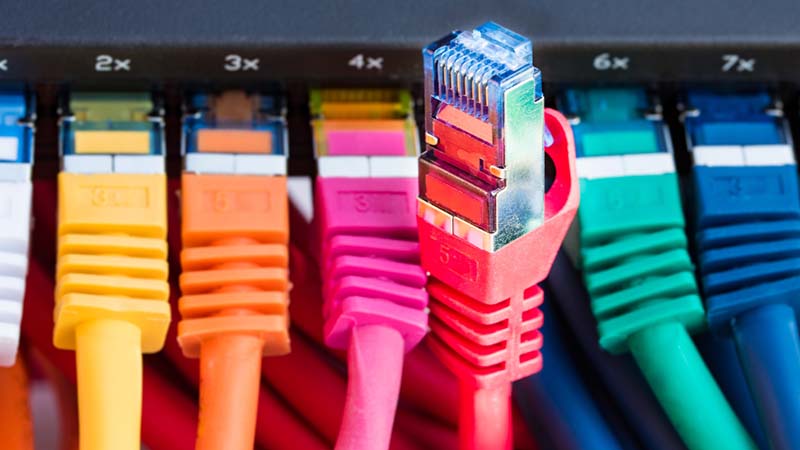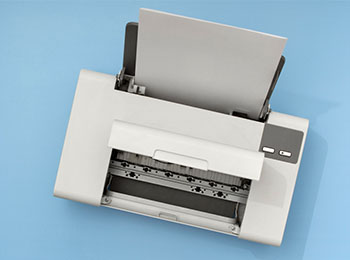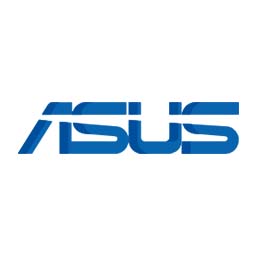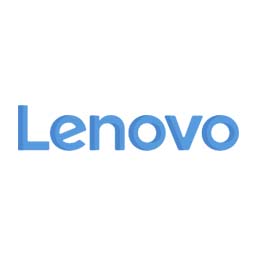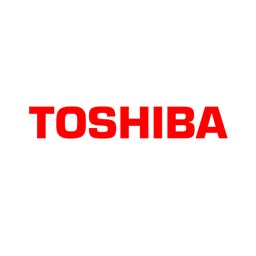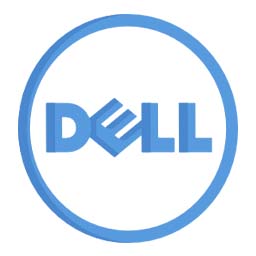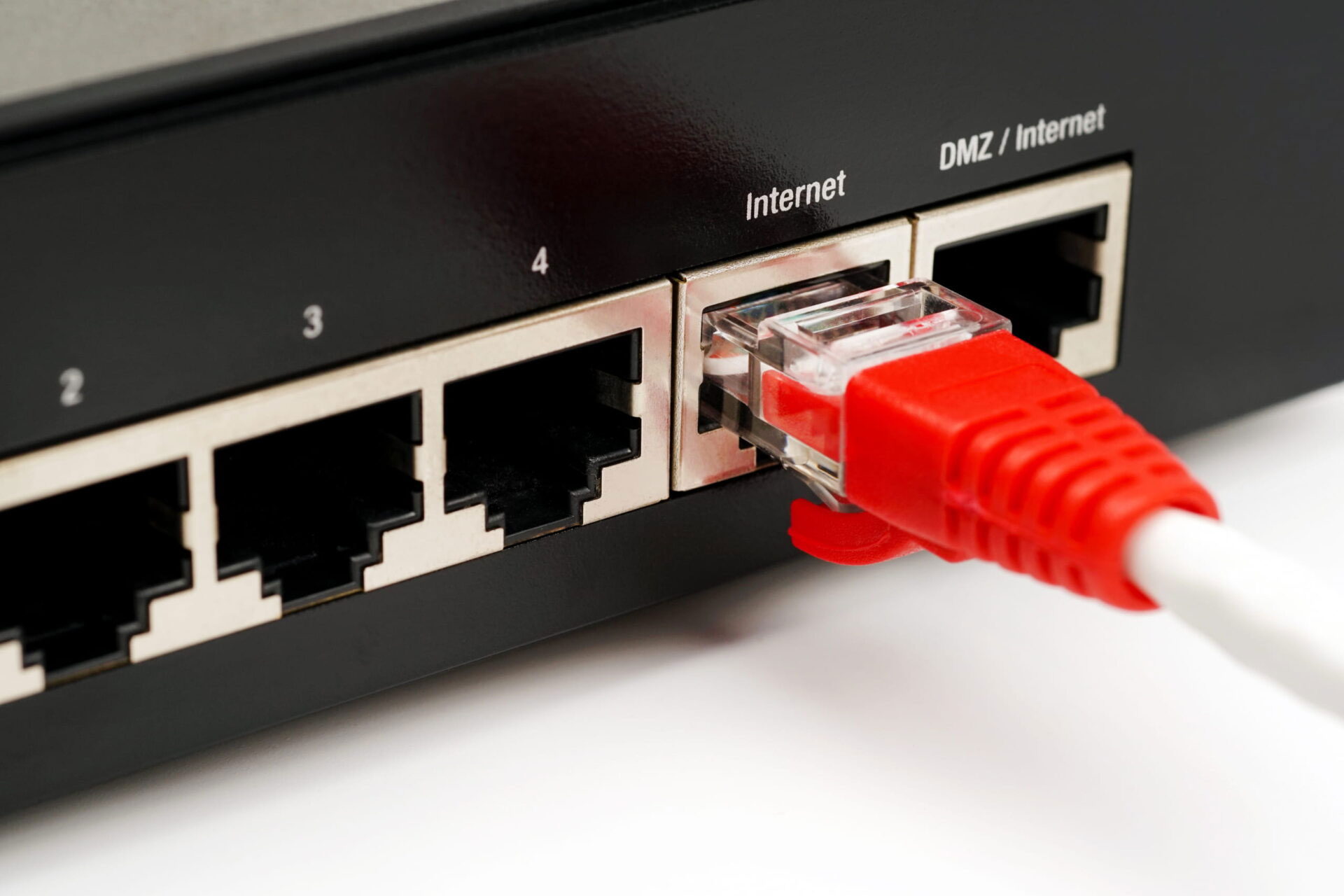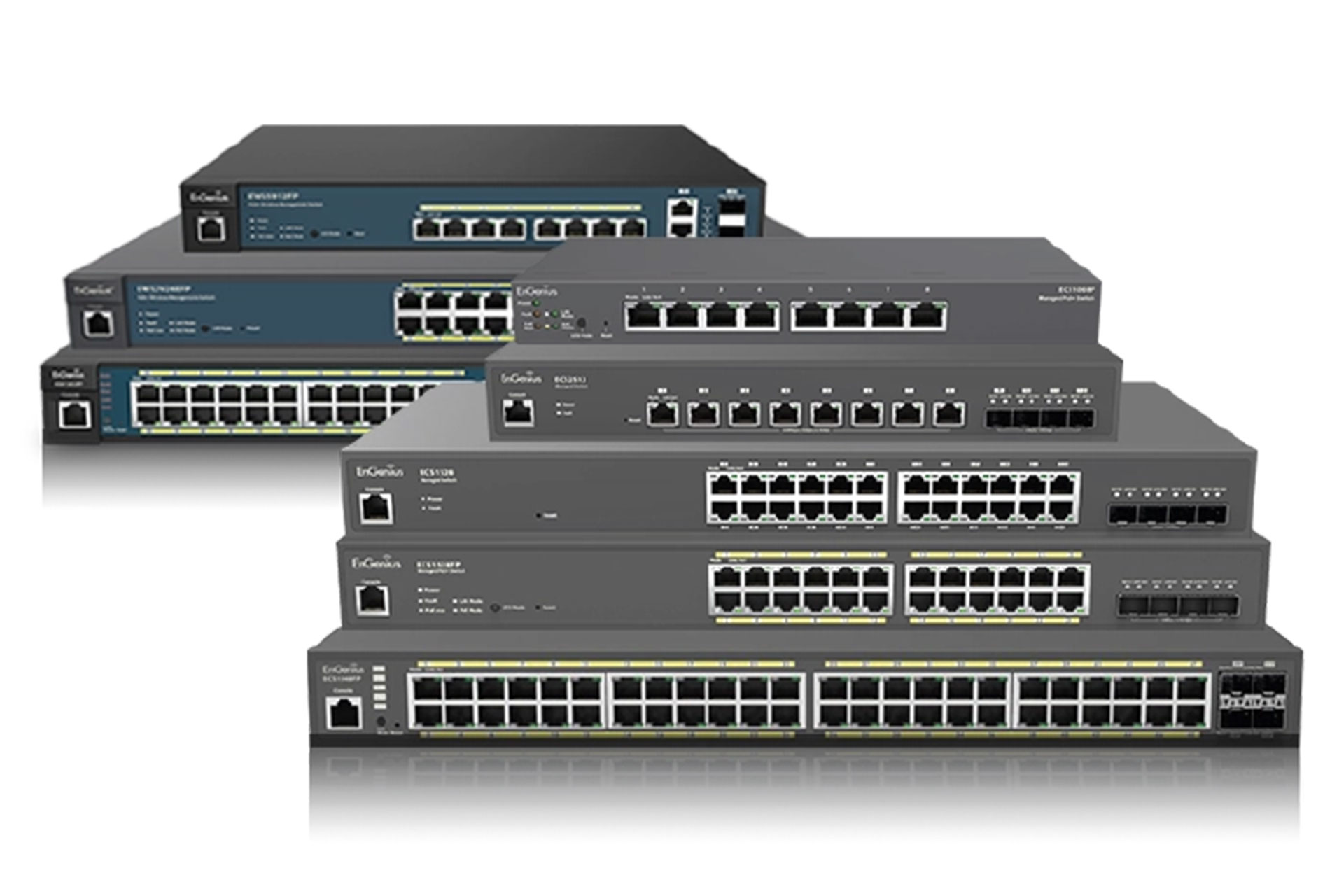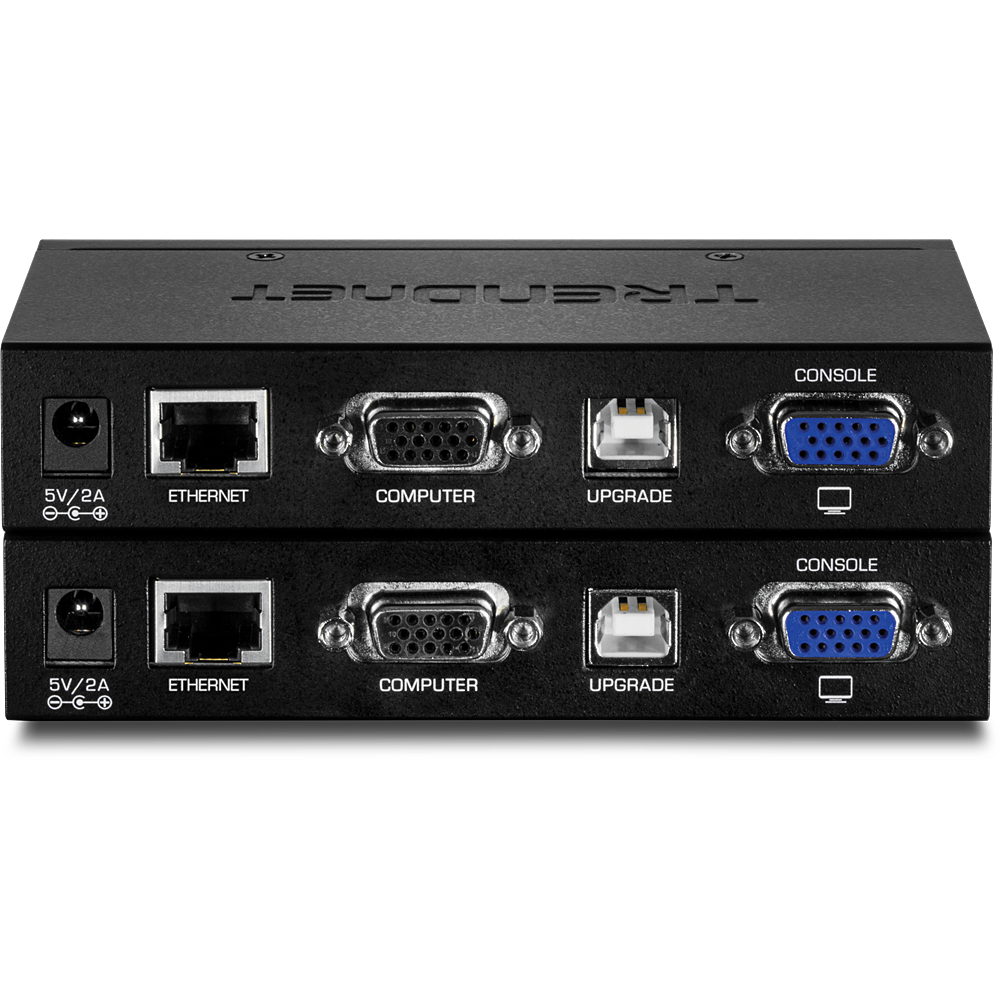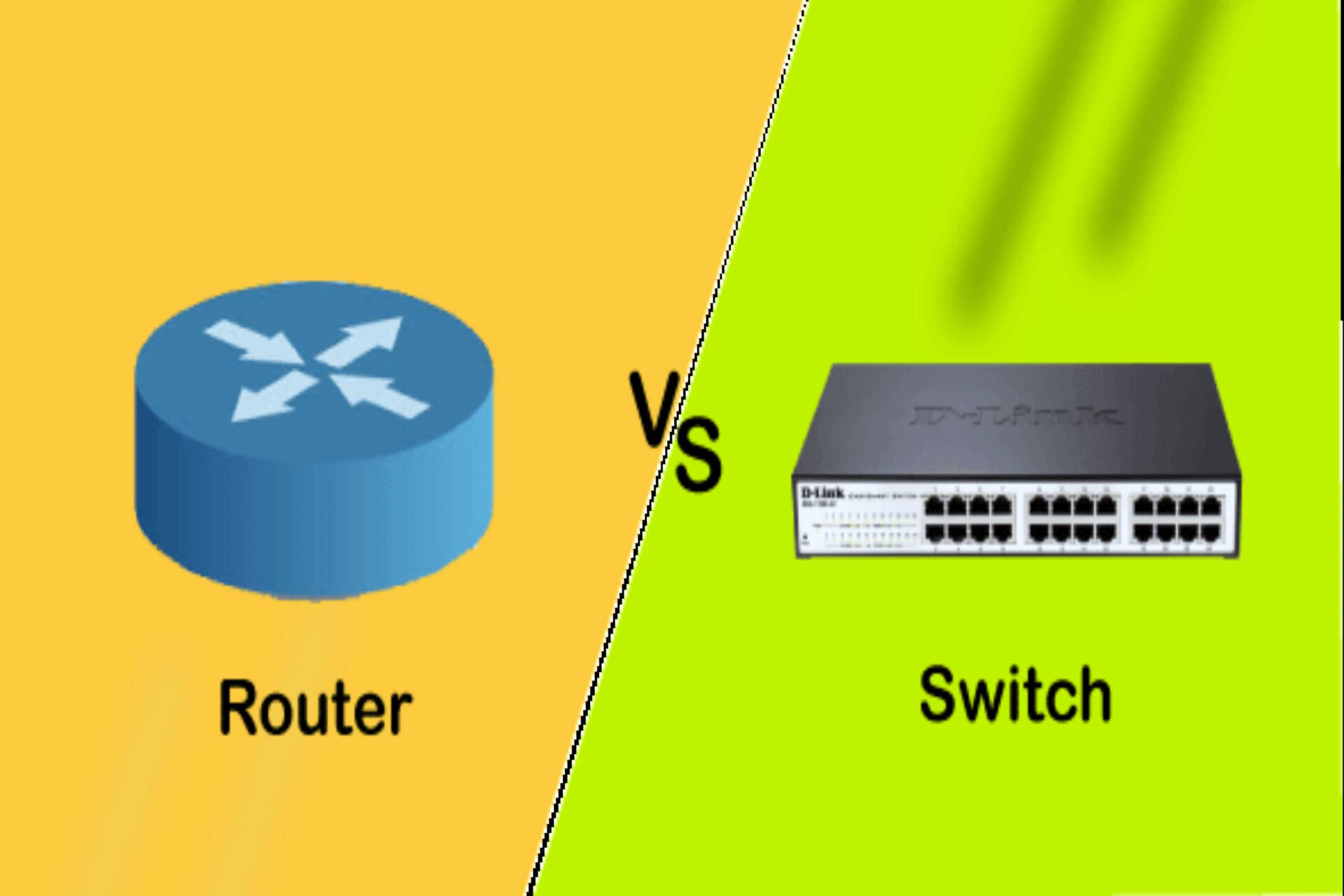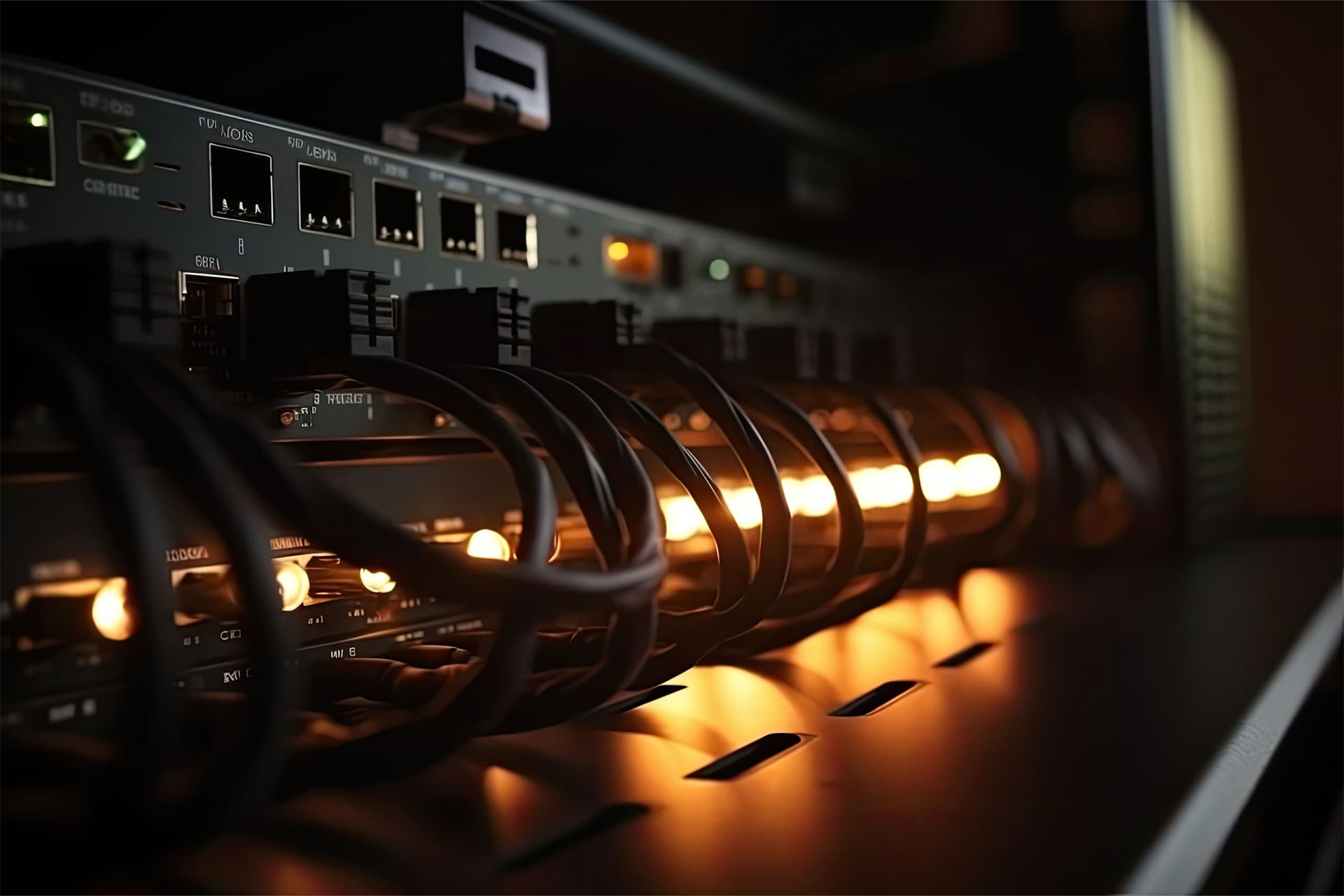Introduction to Cisco Ethernet Switches and NETGEAR Switches
Switches play a crucial role in connecting devices within a local area network (LAN). Among the various switch options available in the market, two prominent names are Cisco Ethernet switches and NETGEAR switches. These brands offer reliable and efficient solutions for network connectivity, but they differ in terms of features, performance, and target markets. This section will provide an introduction to both Cisco Ethernet switches and NETGEAR switches, outlining their key characteristics and strengths.
Cisco Ethernet Switches

Cisco Systems, Inc. is a global leader in networking solutions, and its Ethernet switches are renowned for their high performance and advanced features. Cisco switches are designed with scalability and flexibility in mind, making them suitable for small businesses, enterprises, and service providers alike. These switches offer various benefits, including:
- Advanced networking capabilities: Cisco Ethernet switches support advanced networking features such as VLANs (Virtual Local Area Networks), port security, Quality of Service (QoS), and link aggregation. These capabilities enable better network management, increased security, and improved performance.
- Reliability and resilience: Cisco switches are built to deliver high availability and fault tolerance. Features like redundant power supplies, hot-swappable components, and fast failover mechanisms help ensure uninterrupted network connectivity.
- Network management: Cisco provides comprehensive network management tools, including the Cisco Network Assistant and Cisco Prime Infrastructure. These tools simplify the configuration, monitoring, and troubleshooting of Cisco switches, making network management more efficient.
NETGEAR Switches

NETGEAR, a well-established network equipment manufacturer, offers a range of switches tailored to meet the needs of small and medium-sized businesses (SMBs) and home users. NETGEAR switches are known for their simplicity, affordability, and ease of use. Some key features and advantages of NETGEAR switches include:
- Plug-and-play setup: NETGEAR switches are designed to be user-friendly, with simple installation processes. They typically come with preconfigured settings, allowing for quick deployment without extensive network knowledge.
- Cost-effective solutions: NETGEAR switches provide an affordable option for SMBs and home users who require basic network connectivity. These switches offer a balance between performance and price, making them a cost-effective choice for small-scale deployments.
- Compact and versatile designs: NETGEAR switches are available in various sizes and form factors, including desktop and rack-mount options. This flexibility allows businesses to choose the switch that best fits their space and connectivity requirements.
In conclusion, the choice between Cisco Ethernet switches and NETGEAR switches depends on factors such as the scale of the network, required features, budget, and management requirements. Cisco Ethernet switches are ideal for large-scale deployments that demand advanced functionalities and robust performance. On the other hand, NETGEAR switches offer a more cost-effective and user-friendly solution, suitable for small to medium-sized networks. Understanding the unique characteristics of each brand will help network administrators make an informed decision when choosing the best switch for their specific needs. Understanding the Key Differences Between Cisco Ethernet Switches and NETGEAR Switches
When it comes to choosing a switch for your network infrastructure, Cisco and NETGEAR are two prominent names that often come to mind. Both companies offer a range of Ethernet switches with different features and capabilities. Understanding the key differences between Cisco Ethernet switches and NETGEAR switches can help you make an informed decision based on your specific networking needs.
| Feature | Cisco | Netgear |
| Price | Starts at $60 | Starts at $14.99 |
| Home models | Yes | Yes |
| Port density | Up to 48 ports and stackable | Up to 48 ports and stackable |
| Speed | Up to 72 Gbps | Up to 96 Gbps |
| Managed and unmanaged | Yes | Yes |
| Scalable | Yes | Yes |
| Reliability and security | Good | Excellent |
| Home Models | Good | Excellent |
- Brand Reputation and Support:
One significant difference between Cisco and NETGEAR switches lies in their brand reputation and support. Cisco has long been recognized as a leader in networking solutions, catering to enterprise-level customers. Their switches are renowned for their reliability, performance, and advanced features. Moreover, Cisco offers extensive technical support and resources to assist customers with any queries or issues.
On the other hand, NETGEAR has established itself as a reliable and affordable option for small to medium-sized businesses and home networks. While the brand may not carry the same reputation as Cisco, NETGEAR switches still offer solid performance and come with technical support options for customers.
- Switch Performance and Features:
Cisco Ethernet switches are known for their high-performance capabilities. They are designed to handle heavy network traffic, providing fast and reliable connections. These switches often offer advanced features such as VLAN support, Power over Ethernet (PoE), Quality of Service (QoS), and robust security options. Cisco switches are typically suited for larger networks with complex requirements.
NETGEAR switches, on the other hand, are designed to offer a balance between affordability and performance. They generally cater to smaller networks with simpler requirements. While NETGEAR switches may not offer the same advanced features and performance as Cisco switches, they are reliable and sufficient for many small to medium-sized networks.
- Price and Cost-Effectiveness:
When it comes to pricing, Cisco switches are known for their higher price tags. As they target enterprise-level customers with advanced features and performance, Cisco switches often come with a premium price. However, for businesses or organizations with complex networking needs, the investment in Cisco switches can be justified.
On the other hand, NETGEAR switches are generally more affordable, making them a suitable choice for small to medium-sized businesses or home networks with budget constraints. NETGEAR switches offer a cost-effective solution without compromising the reliability and performance needed for such networks.
In conclusion, choosing between the Cisco Ethernet switch price and the NETGEAR switch price requires an understanding of your specific networking requirements. If you prioritize brand reputation, advanced features, and robust support, Cisco Switch cost may be the better choice for larger and more complex networks. However, if affordability, reliability, and simplicity are your key considerations, NETGEAR switches can provide an adequate solution for smaller networks or those with limited budgets. Ultimately, the decision will depend on your unique needs and priorities.

Performance and Scalability Comparison
When it comes to performance and scalability, both Cisco Ethernet switches and NETGEAR switches offer reliable solutions. However, there are some notable differences to consider.
Cisco Ethernet Switches
Cisco has a long-standing reputation for providing high-performance networking equipment. Their Ethernet switches are known for their robustness and scalability, making them an excellent choice for large enterprises and data centers.
Cisco Ethernet switches are designed to handle heavy network traffic efficiently. They offer advanced features such as quality of service (QoS), which allows for prioritization of critical traffic to ensure optimal performance. Additionally, Cisco switches support advanced security protocols and features, making them suitable for organizations with strict security requirements.
When it comes to scalability, Cisco switches provide modular designs that allow for easy expansion and customization. They offer a range of models with varying port densities, allowing businesses to choose the right switch based on their specific needs. Cisco switches also support virtual LAN (VLAN) segmentation, which allows for better network management and scalability.
NETGEAR Switches
NETGEAR switches are known for their affordability and ease of use. They provide reliable performance for small to medium-sized businesses (SMBs) without compromising on features.
NETGEAR switches offer Gigabit Ethernet connectivity, which provides fast and reliable data transfer speeds. They also support basic QoS features, allowing for some level of traffic prioritization. These switches are suitable for SMBs that require a reliable network solution without the complexity and cost associated with higher-end switches.
In terms of scalability, NETGEAR switches offer various models with varying port densities and configurations. While they may not provide the same level of modularity as Cisco switches, they still offer enough flexibility to cater to the needs of growing SMBs.
Performance Comparison
When comparing the performance of Cisco Ethernet switches and NETGEAR switches, it’s essential to consider the specific requirements of your network. Cisco switches excel in handling high network traffic and offer advanced features for network optimization and security. They are better suited for larger enterprises and data centers that require top-tier performance and scalability.
On the other hand, NETGEAR switches provide reliable performance at a more affordable price point. They are suitable for SMBs that have relatively lower network traffic and less complex requirements.
In terms of absolute performance, Cisco Ethernet switches generally offer higher throughput and lower latency. However, for smaller networks with less demanding workloads, NETGEAR switches can provide sufficient performance without breaking the bank.
Ultimately, the choice between Cisco Ethernet switches and NETGEAR switches for performance and scalability depends on the specific needs and budget of your organization. It’s crucial to assess your network requirements and consult with networking professionals to determine the best fit for your business.
Management and Deployment Features
When it comes to management and deployment features, both Cisco Ethernet switches and NETGEAR switches offer a range of options to cater to different network requirements.
Cisco Ethernet Switches
Cisco is renowned for its comprehensive suite of management features that provide users with deep control over their network infrastructure. Their switches are equipped with advanced management capabilities, including:
- Command Line Interface (CLI): Cisco switches offer a powerful CLI interface that allows administrators to execute commands and configure devices efficiently. The CLI provides granular control over switch settings and facilitates in-depth troubleshooting.
- Web-based GUI: Cisco switches also feature a user-friendly web-based graphical user interface (GUI) that simplifies device management for those who prefer a more visual approach. The GUI provides a centralized point for configuring and monitoring switches, making it more accessible for administrators of varying skill levels.
- SNMP and Syslog: Cisco switches fully support Simple Network Management Protocol (SNMP) and Syslog for proactive network monitoring and troubleshooting. These protocols enable administrators to collect real-time performance data, detect anomalies, and identify potential issues within the network.
- Virtual LAN (VLAN) support: Cisco switches excel in supporting VLANs, allowing network administrators to segment their networks efficiently for improved security and performance. VLANs offer better control over broadcast traffic and provide a means to isolate different departments or groups within an organization.
- Quality of Service (QoS): Cisco switches provide advanced QoS capabilities, enabling administrators to prioritize network traffic based on specific requirements. This ensures critical applications or services receive sufficient bandwidth and helps optimize overall network performance.
NETGEAR Switches
NETGEAR switches also offer a range of management and deployment features that cater to the needs of small to medium-sized businesses. Some key features provided by NETGEAR switches include:
- Web-based GUI: Similar to Cisco, NETGEAR switches come with a web-based GUI that offers an intuitive interface for configuring and managing the devices. The GUI simplifies the deployment and setup process while providing access to various monitoring and troubleshooting tools.
- Easy-to-use Smart Control Center: NETGEAR provides a Smart Control Center software tool that allows administrators to manage multiple switches from a single location. This centralized management tool simplifies device setup, firmware upgrades, and monitoring, saving time and effort.
- Virtual LAN (VLAN) support: NETGEAR switches offer VLAN support, allowing administrators to segment the network to improve performance, security, and control. VLANs isolate traffic and enable administrators to limit access within different segments of the network.
- Link Aggregation: NETGEAR switches support Link Aggregation (also known as Port Trunking or LACP) to aggregate multiple network ports, providing increased bandwidth and link redundancy. This feature enables administrators to create high-performance connections between switches or servers.
- Quality of Service (QoS): NETGEAR switches provide QoS capabilities to manage and prioritize network traffic. This allows administrators to assign higher priority to critical applications or services, ensuring they receive the necessary bandwidth for optimal performance.
Both Cisco Ethernet switches and NETGEAR switches offer robust management and deployment features, but the specific requirements of your network infrastructure will ultimately determine which option is best for your organization. It is essential to carefully assess your network needs and evaluate the features provided by each vendor before making an informed decision.
Security Features Comparison
When it comes to network switches, security features play a crucial role in ensuring the confidentiality, integrity, and availability of data. Both Cisco Ethernet switches and NETGEAR switches offer a range of security features to protect your network infrastructure from potential threats. However, there are some differences in the approach and effectiveness of these security features.
Cisco Ethernet Switches
Cisco is well-known for its robust network security solutions, and its Ethernet switches are no exception. Cisco switches come equipped with advanced security features that help secure your network and mitigate potential risks. Some of the key security features offered by Cisco Ethernet switches include:
- VLAN Segmentation: Cisco switches support Virtual LAN (VLAN) segmentation, allowing you to segregate your network into distinct virtual networks. This helps prevent unauthorized access to sensitive data and limits the impact of any security breaches.
- Access Control Lists (ACLs): Cisco switches support the use of Access Control Lists (ACLs) to filter traffic based on specific criteria. This granular control allows you to define rules for inbound and outbound traffic, restricting access to certain IP addresses or port numbers.
- DHCP Snooping: Cisco switches include DHCP Snooping, which is a security feature that helps prevent unauthorized DHCP servers on the network. It verifies the integrity of DHCP packets and blocks any malicious or unauthorized DHCP servers from distributing IP addresses.
- Port Security: Cisco switches offer Port Security features that allow you to control and limit the number of devices connected to a specific switch port. This helps prevent unauthorized devices from gaining access to the network.
NETGEAR Switches
NETGEAR switches also provide a range of security features to protect your network infrastructure. While their feature set may not be as extensive as Cisco’s, NETGEAR switches still offer essential security functionalities. Some of the key security features offered by NETGEAR switches include:
- MAC-based Access Control: NETGEAR switches support MAC-based access control, allowing you to restrict network access based on the MAC addresses of devices. This helps prevent unauthorized devices from connecting to the network.
- Port Authentication: NETGEAR switches offer port authentication features such as 802.1X, which provides secure access control by requiring users to authenticate themselves before gaining network access. This helps ensure that only authorized users can connect to the network.
- Storm Control: NETGEAR switches include Storm Control features that monitor and control broadcast, multicast, and unknown unicast traffic. This helps prevent network congestion and denial-of-service attacks.
- Secure Management: NETGEAR switches offer secure management features such as HTTPS and SSH, which encrypt network management traffic to ensure the confidentiality and integrity of management sessions.
While both Cisco and NETGEAR switches offer various security features, it is important to assess your network’s specific security requirements and choose the switch that best meets those needs. Cisco Ethernet switches generally have a more extensive range of security features and are often preferred in enterprise environments with high-security demands. On the other hand, NETGEAR switches provide essential security functionalities suitable for small to medium-sized businesses or less security-sensitive environments.
Cost Comparison and Value for Money
When it comes to purchasing Ethernet switches, cost plays a significant role in the decision-making process. Comparing the costs and evaluating the value for money offered by Cisco and NETGEAR switches can help organizations make an informed choice.
Cost Comparison:
Cisco and NETGEAR offer a range of Ethernet switches with varying price points. While Cisco switches are generally known for their high-quality and robustness, they often come with a higher price tag compared to NETGEAR switches. NETGEAR, on the other hand, focuses on providing cost-effective solutions without compromising on performance.
Organizations with limited budgets or smaller-scale networking requirements may find NETGEAR switches to be a more affordable option. These switches offer a good balance between price and performance, making them a popular choice for small and medium-sized businesses.
On the contrary, Cisco switches are known for their advanced features, scalability, and reliability. They are often preferred by larger enterprises or organizations with complex networking needs. Although Cisco switches may be pricier upfront, their long-term cost-effectiveness can be justified through their durability and extensive feature set.
Value for Money:
While cost is a crucial aspect, evaluating the value for money is equally important when selecting an Ethernet switch. NETGEAR switches excel in providing cost-effective solutions, especially for organizations looking for basic networking functionality. These switches often offer essential features such as VLAN support, QoS, and port mirroring, ensuring that businesses receive the necessary capabilities at an affordable price point.
Cisco switches, on the other hand, offer a comprehensive range of advanced features and extensive management options. They are designed to accommodate growing networks and provide a higher level of performance and security. The added value of Cisco switches lies in their scalability, reliability, and support network. For organizations that require advanced functionalities, Cisco switches can provide a higher return on investment in the long run.
Considerations:
When comparing the cost and value for money between Cisco and NETGEAR switches, organizations should consider their specific networking requirements, budget limitations, and future growth plans. Factors such as the size of the network, required features, and the need for technical support should be taken into account.
It is also worth noting that while NETGEAR switches may offer cost savings upfront, they may lack some of the advanced features and scalability that Cisco switches provide. Therefore, it is essential to strike a balance between immediate cost considerations and long-term network requirements.
In conclusion, Cisco and NETGEAR offer different options when it comes to cost and value for money. NETGEAR excels in affordability and basic functionality, while Cisco provides advanced features and scalability. By carefully considering their specific needs, organizations can make an informed decision based on their budget and long-term networking requirements.
Customer Support and Warranty Comparison
When it comes to networking equipment, customer support, and warranty are important considerations to ensure a smooth operation and minimize disruptions. Let’s take a look at how Cisco Ethernet switches and NETGEAR switches compare in terms of customer support and warranty.
Cisco Ethernet Switches:
Cisco is renowned for its exceptional customer support services. They offer different levels of support, including basic and enhanced support contracts. With a Cisco support contract, customers have access to technical assistance, software updates, and advanced hardware replacement options. Cisco’s Technical Assistance Center (TAC) provides round-the-clock support for any issues or queries.
Cisco also offers a limited lifetime warranty on most of its switches. This warranty covers defects in materials or workmanship and provides customers with peace of mind. However, it is important to note that the warranty terms may vary depending on the specific switch model.
NETGEAR Switches:
NETGEAR also provides reliable customer support for their switches. They offer technical support through phone, email, and online chat. NETGEAR has a dedicated support center with knowledgeable technicians who can assist customers with any troubleshooting or configuration needs.
NETGEAR switches generally come with a limited lifetime warranty. This warranty covers defects in materials or workmanship and ensures that customers receive a replacement product if their switch fails due to a covered defect. However, it’s essential to review the specific warranty terms for each NETGEAR switch model, as some may have different coverage periods or conditions.
Comparison:
Both Cisco and NETGEAR offer strong customer support and warranty options for their switches. However, Cisco is known for its extensive technical support and advanced hardware replacement options, which may be crucial for businesses with mission-critical operations. On the other hand, NETGEAR provides reliable support services and a limited lifetime warranty that gives customers peace of mind.
When choosing between the two, businesses should consider their specific needs and the level of support required for their network infrastructure. Consulting with IT professionals or considering the scale of the network can help in making an informed decision.
It is recommended that potential buyers reach out to the respective customer support departments to fully understand the level of support and warranty coverage offered for specific switch models. This will ensure that businesses make well-informed decisions based on their unique requirements.
Use Cases and Recommendations
When considering the use cases and recommendations for Cisco Ethernet switches and NETGEAR switches, it is important to evaluate the specific needs and requirements of your network environment. Both Cisco and NETGEAR offer a wide range of switches suitable for various applications, but certain scenarios may favor one brand over the other.
Cisco Ethernet Switches Use Cases and Recommendations
Cisco Ethernet switches are known for their advanced features, robust performance, and extensive product portfolio. They are commonly used in enterprise and large-scale networks where scalability, reliability, and security are crucial. Here are some specific use cases where Cisco switches excel:
- Enterprise Networks: Cisco switches are well-suited for corporate networks, offering high-density ports, advanced management capabilities, and support for VLANs and Layer 3 protocols. They are ideal for organizations with complex network topologies or extensive security requirements.
- Data Centers: Cisco switches provide superior performance and low-latency connectivity, making them a popular choice for data centers switch in uk. They offer features like virtualization support, high-speed uplink options, and advanced traffic prioritization, ensuring optimal performance for demanding workloads.
- Unified Communications: Cisco switches are highly compatible with Cisco’s unified communications solutions, delivering enhanced functionality for voice and video traffic. They offer features like Power over Ethernet (PoE) support, Quality of Service (QoS) optimizations, and advanced troubleshooting tools.
For organizations seeking enterprise-grade performance, scalability, and advanced features, Cisco Ethernet switches are the recommended choice.
NETGEAR Switches Use Cases and Recommendations
NETGEAR switches are known for their affordability, ease of use, and versatility. They are commonly used in small to medium-sized businesses (SMBs) or home environments, where cost-effectiveness and simplicity are key considerations. Here are some specific use cases where NETGEAR switches are a good fit:
- SMB Networks: NETGEAR switches provide reliable and affordable networking solutions for SMBs. They offer a range of models with varying port densities and PoE support options, allowing businesses to choose the right fit for their network size and budget.
- Home Networks: NETGEAR switches are suitable for home networking environments, providing reliable connectivity for multiple devices like PCs, gaming consoles, and smart TVs. They are easy to set up, often requiring no technical expertise, making them an ideal choice for non-technical users.
- Small Office/Home Office (SOHO): NETGEAR switches cater to the needs of SOHO users, offering a combination of affordability, ease of use, and basic yet functional features. They are suitable for connecting devices like printers, scanners, and IP cameras in a small office setting.
For budget-conscious organizations or smaller networks where simplicity and cost-effectiveness are the primary concerns, NETGEAR switches are a recommended choice.
In conclusion, both Cisco Ethernet switches and NETGEAR switches have their strengths in different scenarios. Cisco switches excel in enterprise-grade environments with advanced features and robust performance, while NETGEAR switches are suitable for SMBs, home networks, and SOHO settings with their affordability and simplicity. It is essential to evaluate your specific requirements and budget constraints to select the switch that best fits your needs.
Future-Proofing Your Network Infrastructure
In today’s ever-evolving digital landscape, it is essential for businesses to future-proof their network infrastructure. With increasing data demands, the need for faster and more reliable connectivity is paramount. This is where choosing the right network switch becomes crucial.
Both Cisco Ethernet switches and NETGEAR switches offer advanced features and robust performance, but when it comes to future-proofing your network infrastructure, certain factors need to be considered.
Scalability and Flexibility
Scalability is a key consideration when future-proofing your network infrastructure. As businesses grow, their network requirements expand as well. Cisco Ethernet switches are known for their scalability, offering a wide range of switches that can be seamlessly integrated into larger networks. Their modular design allows for easy expansion and upgrades, providing flexibility for future needs.
NETGEAR switches also offer scalability options, particularly their managed switches. These switches can be stacked together to create a single logical unit, increasing the number of available ports and overall capacity. However, the scalability of NETGEAR switches may be limited compared to Cisco in larger and more complex network environments.
Performance and Reliability
Future-proofing your network infrastructure requires switches that can handle increasing data loads without compromising performance. Cisco Ethernet switches are renowned for their high-performance capabilities, providing advanced features like Quality of Service (QoS) to prioritize critical traffic and ensure smooth data flow. They also offer redundancy options, such as hot-swappable power supplies and fans, to minimize downtime and increase the overall reliability of the network.
NETGEAR switches, on the other hand, offer reliable performance at a more affordable price point. While they may not have the same level of advanced features as Cisco switches, they still deliver sufficient performance for most small to medium-sized networks. It’s worth noting that NETGEAR switches may provide a cost-effective solution for businesses with lower network demands.
Security and Management
Future-proofing your network infrastructure also requires robust security measures and efficient management capabilities. Cisco Ethernet switches offer advanced security features, including access control lists, VLANs, and encryption protocols, to protect sensitive data and control network access. They also provide comprehensive management options, such as centralized management platforms, to simplify network administration and ensure smooth operations.
NETGEAR switches also offer security features, including Virtual Private Network (VPN) support and secure access control mechanisms. However, their management features may not be as comprehensive as Cisco switches, particularly for larger and more complex networks. For businesses with simpler network requirements, NETGEAR switches can still provide adequate security and management capabilities.
In conclusion, when future-proofing your network infrastructure, the choice between Cisco Ethernet switches and NETGEAR switches depends on the specific needs of your business. Cisco switches offer greater scalability, performance, and advanced features for larger and more complex networks. NETGEAR switches, on the other hand, provide cost-effective solutions for smaller networks that still require reliable performance.
Conclusion: Making the Right Choice for Your Business
In conclusion, choosing the right Ethernet switches for your business is a critical decision that can have a significant impact on your network performance and overall productivity. Both Cisco and NETGEAR are reputable brands in the networking industry, offering a range of switch options to meet the needs of various businesses.
When comparing Cisco Ethernet switches to NETGEAR switches, several factors should be considered. First and foremost is the scalability of your network. Cisco switches have a proven track record of supporting large-scale enterprise networks, making them a reliable choice for businesses with complex networking needs. On the other hand, NETGEAR switches offer excellent scalability for small to medium-sized businesses, providing cost-effective solutions without compromising performance.
Another key consideration is the level of technical support and reliability. Cisco has a solid reputation for providing quality technical support and reliable hardware that is built to last. Their switches come with advanced features and robust security mechanisms, ensuring that your network remains secure and protected. NETGEAR also offers reliable hardware and provides technical support, although the level of support may vary based on the specific product line and service level agreements.
Cost is an important factor in any business decision. Cisco Ethernet switches generally come with a higher price tag compared to NETGEAR switches. However, this higher cost often reflects the advanced features, reliability, and support associated with the Cisco brand. NETGEAR switches, on the other hand, provide excellent value for money, particularly for small to medium-sized businesses that may have budget constraints.
Ultimately, the choice between Cisco Ethernet switches and NETGEAR switches depends on the specific needs and requirements of your business. If scalability, advanced features, and robust support are of utmost importance, Cisco switches may be the best fit for your organization. However, if cost-effectiveness and reliability are key considerations, NETGEAR switches can provide excellent performance and value.
It is recommended to thoroughly assess your business requirements, network size, budget, and future growth plans before making a decision. Consulting with a trusted network professional or IT provider can also help ensure that you choose the most suitable Ethernet switches for your business needs. By weighing all these factors carefully, you can make an informed decision that will enable efficient and reliable network operations for your organization.
You can also read this:
Choosing the best Ethernet Switch: D-Link vs NETGEAR
Network Switches



